- General Surgery Instruments
- Orthopedic & Spine
- Neurosurgical
- Electrosurgical
- Non-Stick Bipolar Forceps
- European Irrigation Bipolar Forceps
- Monopolar Cables
- USA 2 Pin Bipolar Forceps
- European Non-Stick Bipolar Forceps
- Bipolar Artery Sealer
- Diathermy Instruments
- Bipolar Electrodes
- Disposable Bipolar Forceps
- Electrodes 4.0mm
- Electrosurgical For Gynecology
- European Bipolar Forceps
- Gynecology
- ENT
- Cardiovascular
Surgical Instruments – Essential Tools for Modern Surgery
Surgical instruments are indispensable in the medical field, enabling surgeons to perform complex procedures with precision, control, and care. These tools are expertly engineered to deliver optimal efficiency and safety in every surgical setting. From routine procedures to life-saving operations, surgical instruments are fundamental to the success of skilled medical professionals. In this article, we will explore the diverse types of surgical instruments, highlight their critical importance in healthcare, and examine the cutting-edge innovations that continue to redefine modern surgery with a particular emphasis on the advanced solutions offered by Surgivalley.
Importance of Surgical Instruments
Surgical instruments are essential for performing surgical procedures, as they equip surgeons with the tools needed for precise movements, effective bleeding control, and maximum patient safety. These instruments allow surgeons to access and manipulate tissues accurately, leading to quicker and more efficient operations. Moreover, they help minimize damage to surrounding tissues, which speeds up patient recovery and enhances post-operative results.
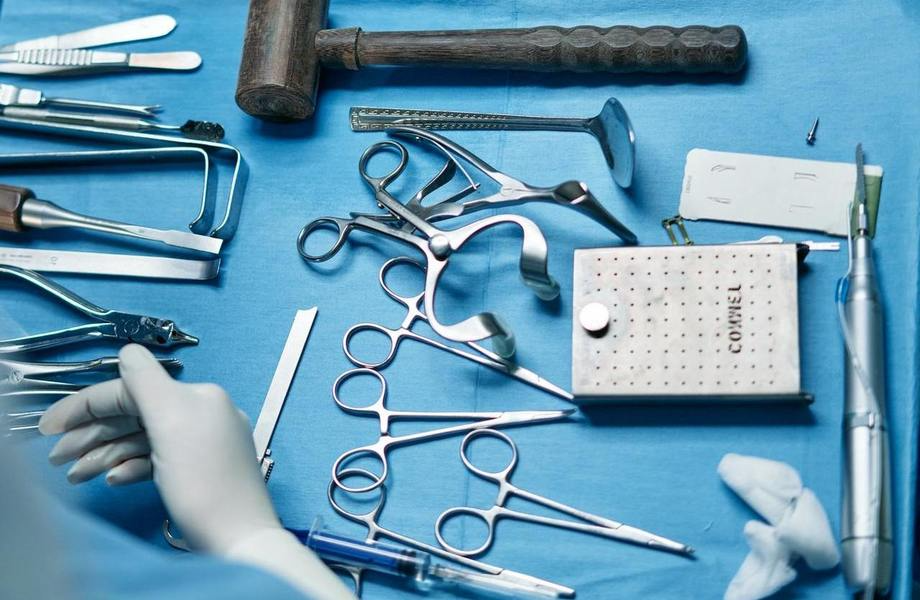
Types of Surgical Instruments

Scalpels
Scalpels are sharp, precision cutting instruments used for making incisions during surgery. They come in various sizes and blade shapes, allowing surgeons to adapt to different surgical needs
Forceps
Surgical forceps are versatile tools used for gripping and manipulating tissues, vessels, and other surgical materials. They come in different designs, such as tissue forceps, hemostatic forceps, and dressing forceps, each serving a specific purpose.
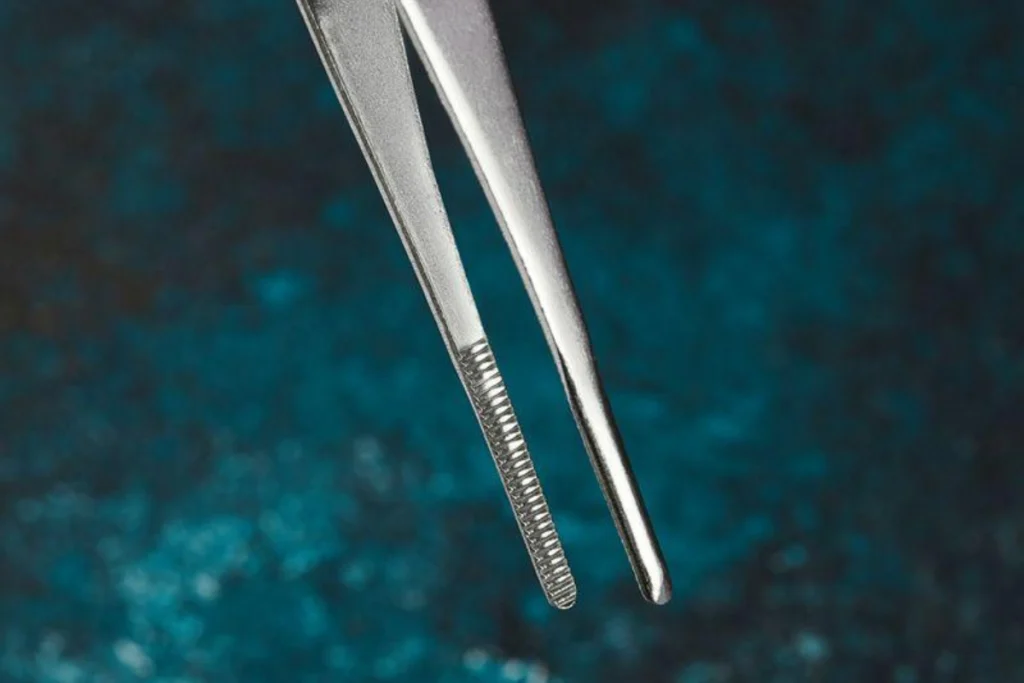
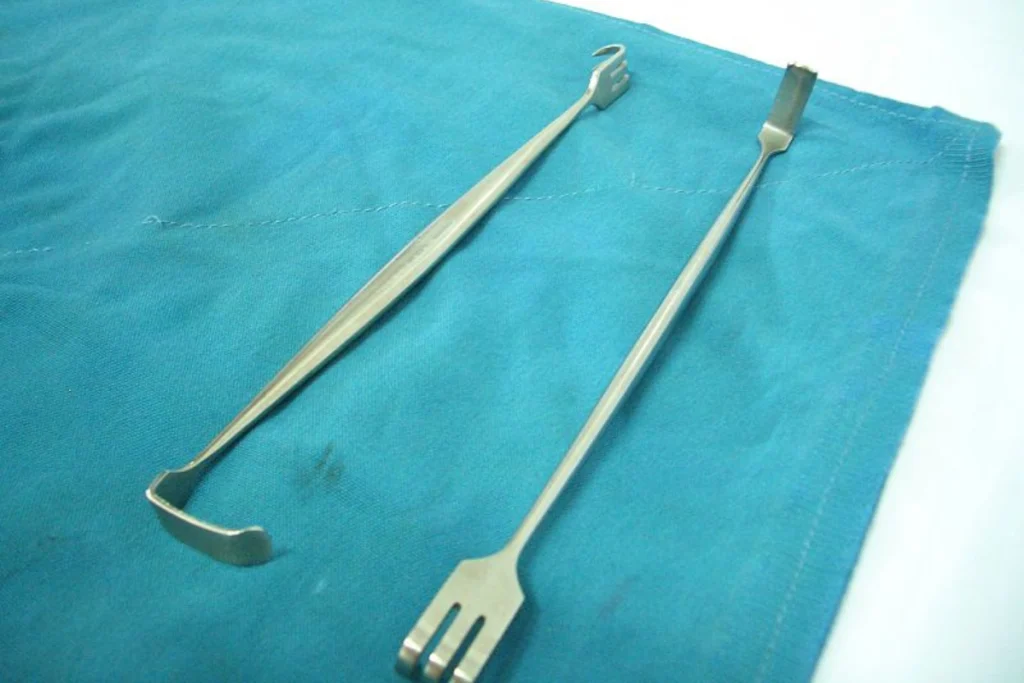
Retractors
Retractors are used to hold incisions open and expose the surgical site. They help surgeons visualize and access the area of interest without obstructing their view or causing unnecessary trauma to surrounding tissues.
Scissors
Surgical scissors come in various shapes and sizes and are used for cutting tissues, sutures, and other materials during surgery. They provide surgeons with precise cutting capabilities.
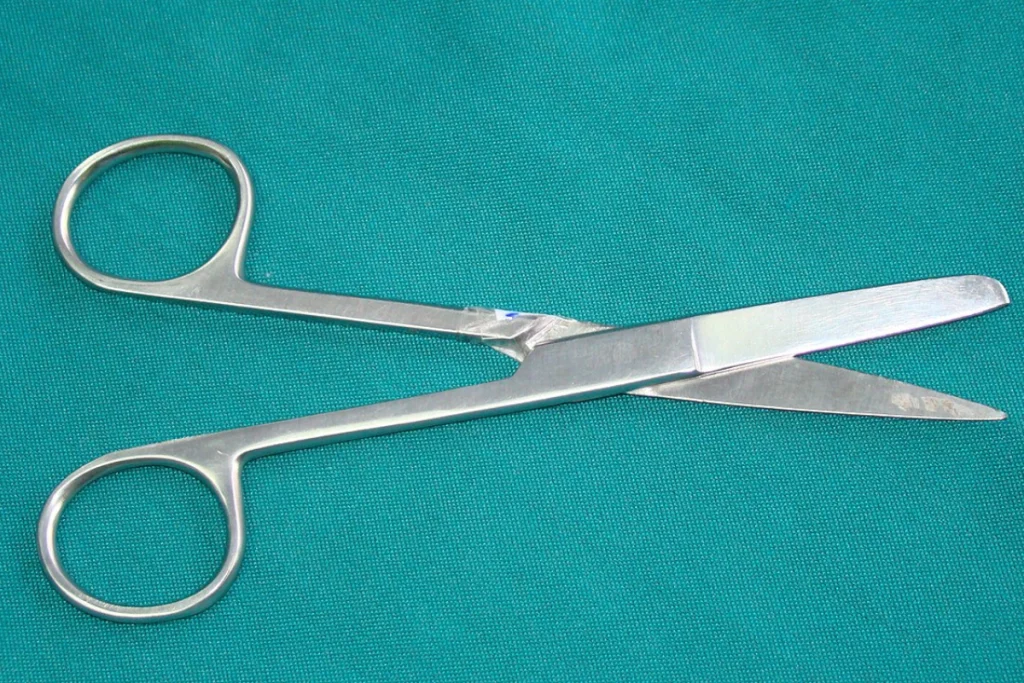

Surgical Needles
These specialized needles are used for suturing incisions and closing wounds. Surgical needles come in different sizes and shapes to accommodate various suturing techniques and tissue types.
Specialized Surgical Instruments
In addition to essential instruments, specialized surgical tools are designed to address specific surgical needs. These instruments include:
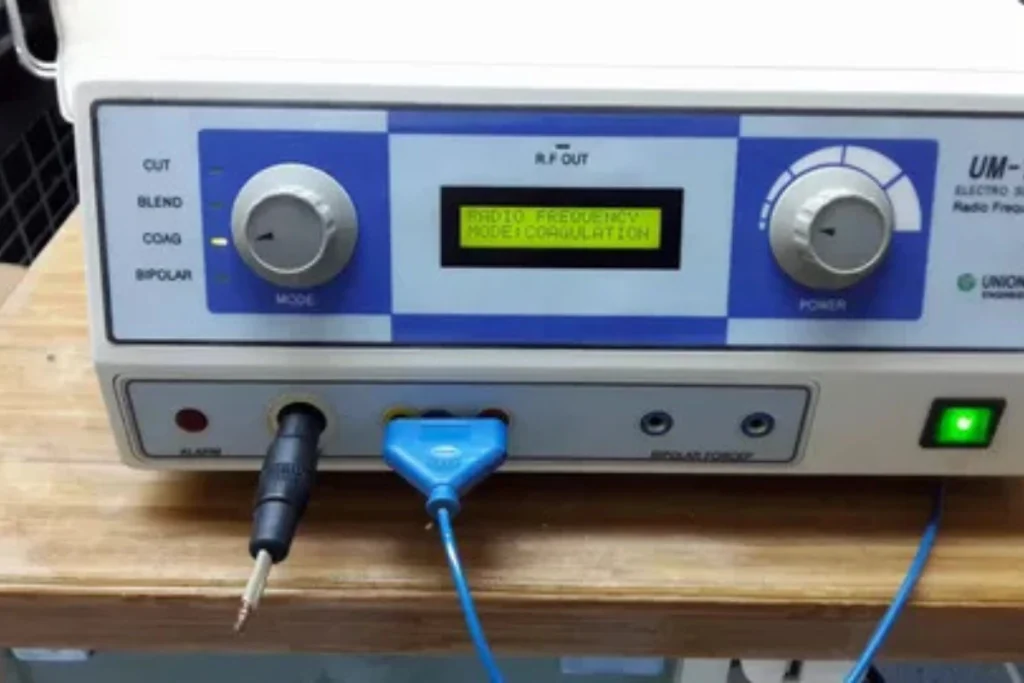
Electrocautery Devices
Electrocautery devices are used for cutting, coagulating, and sealing tissues during surgery. They utilize heat generated by an electrical current to achieve hemostasis and minimize bleeding. Electrocautery devices provide surgeons with precise control and are commonly used in procedures involving large vessels or delicate tissues.
Laparoscopic Instruments
Laparoscopic instruments are used in minimally invasive surgery, where small incisions are made to access the surgical site. These instruments are designed to be inserted through small ports and provide the necessary functionality for visualization, tissue manipulation, and suturing. Laparoscopic surgery offers reduced scarring, shorter recovery times, and less postoperative pain compared to traditional open surgeries.
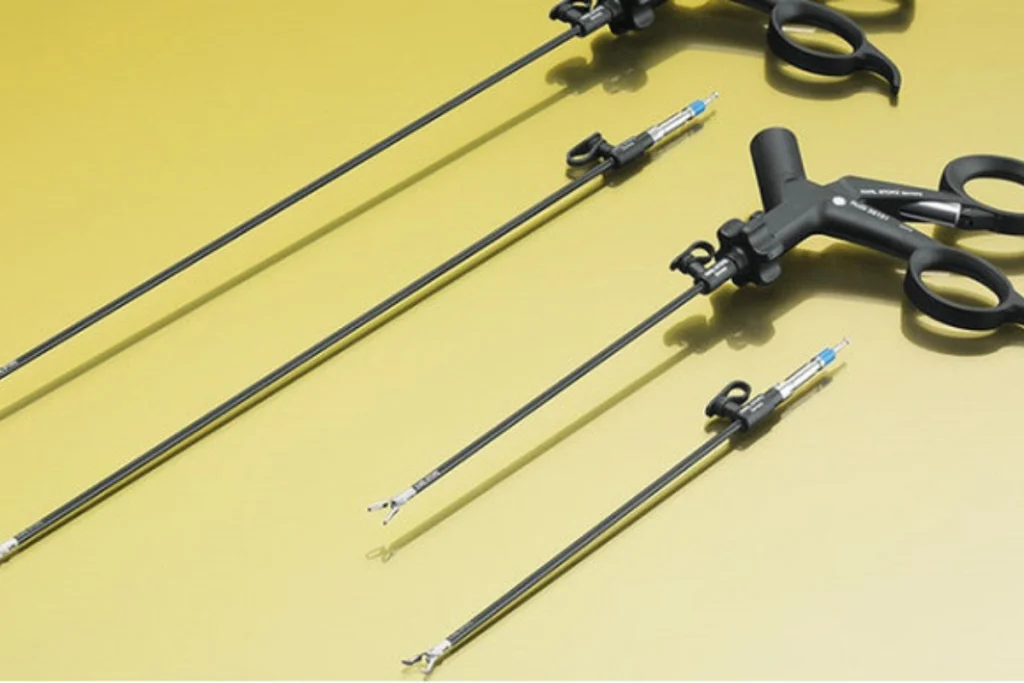
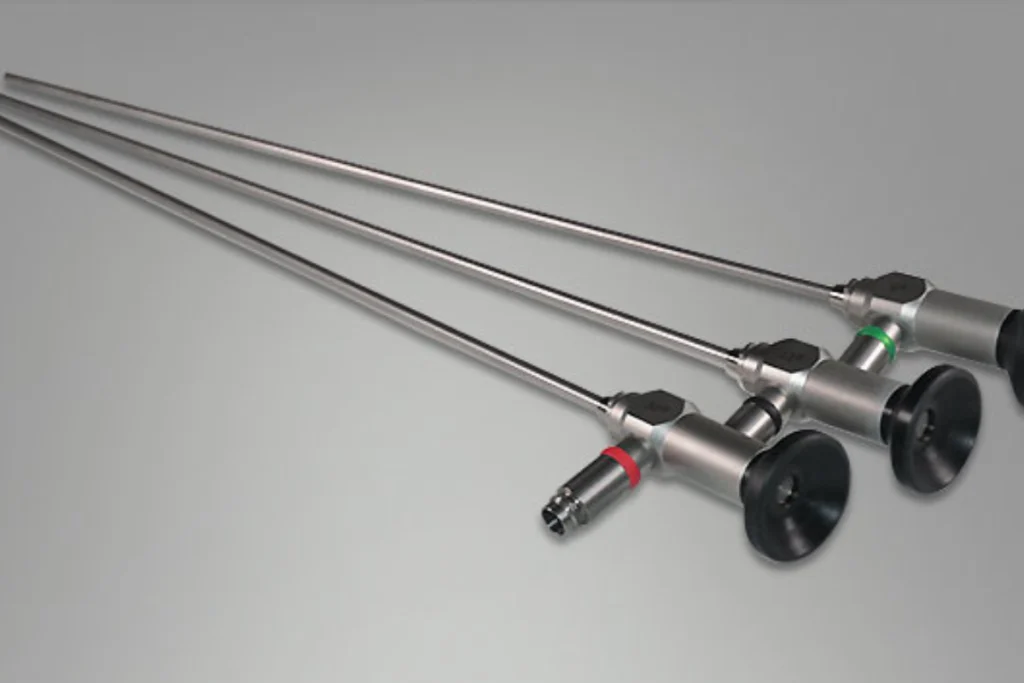
Endoscopic Instruments
Endoscopic instruments are utilized in endoscopic procedures, where a thin, flexible tube with a camera is inserted into the body to visualize and treat internal conditions. These instruments enable surgeons to perform interventions without the need for large incisions. Endoscopic surgery offers advantages such as minimal scarring, reduced trauma to surrounding tissues, and faster patient recovery.
Microsurgical Instruments
Microsurgical instruments are designed for intricate and delicate procedures requiring a high level of precision. These instruments are used in microsurgery, such as neurosurgery and ophthalmic surgery, where surgeons operate on small structures or perform complex reconstructions. Microsurgical instruments allow surgeons to work with extreme precision and magnification, ensuring optimal outcomes.
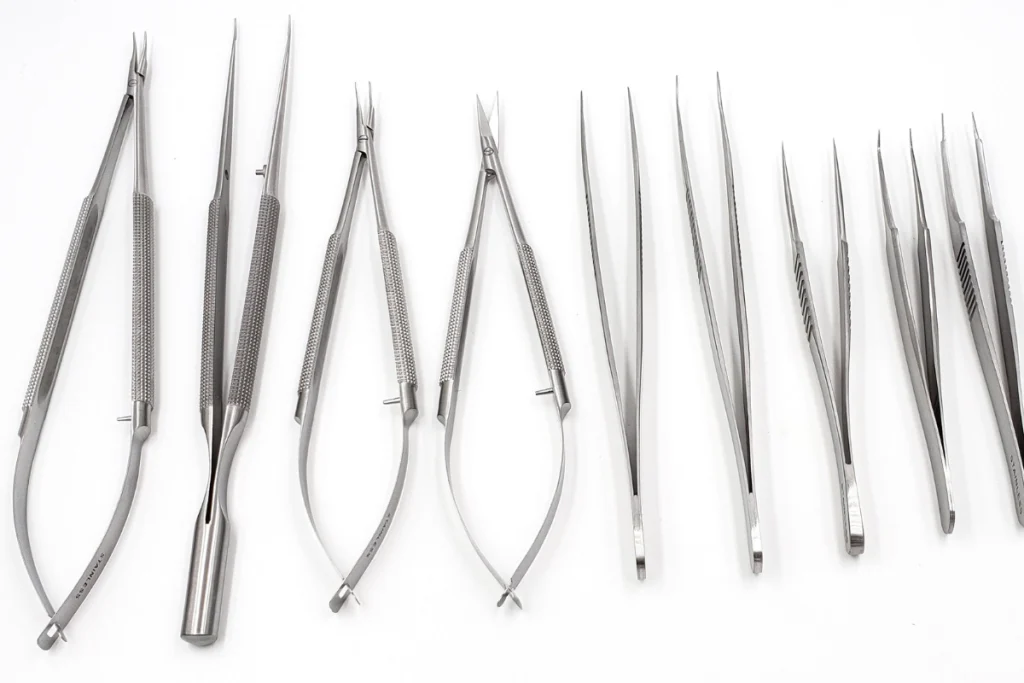
Advancements in Surgical Instruments
With technological advancements, all surgical instruments have undergone significant developments, enhancing surgical precision and patient outcomes. Some notable advancements include:
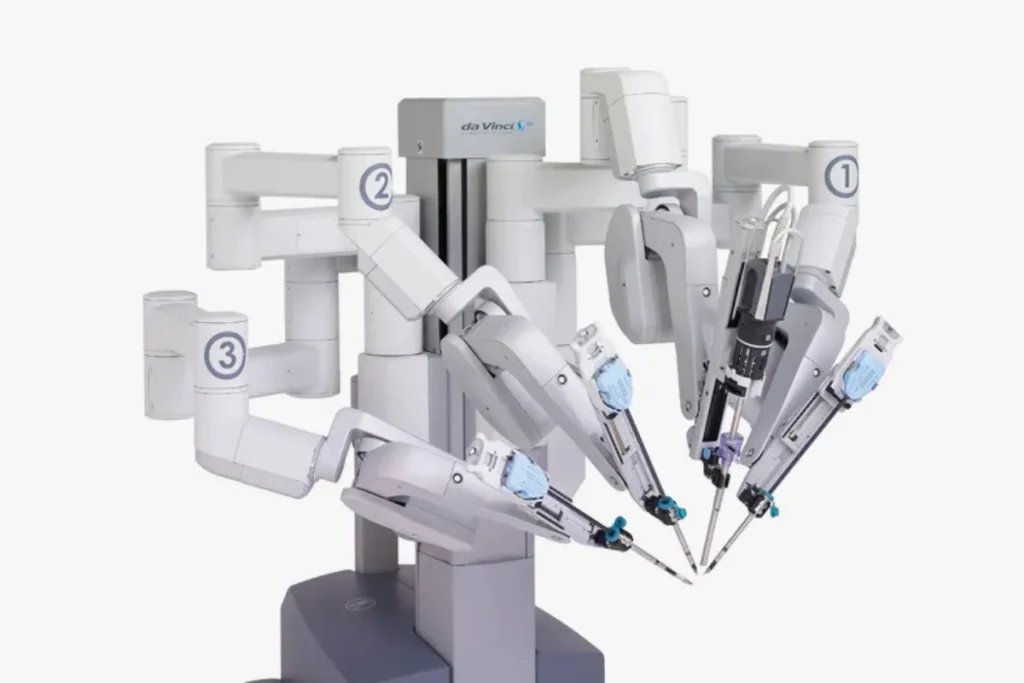
Robotic Surgery Instruments
Robotic surgery instruments have revolutionized the field of surgery by offering enhanced precision, dexterity, and control. These instruments are operated by surgeons using robotic systems, allowing for minimally invasive procedures with improved accuracy. Robotic surgery instruments enable complex surgeries to be performed through small incisions, reducing patient trauma and promoting faster recovery.
Energy-based
Energy-based utilize different forms of energy, such as electro surgery, ultrasonic energy, or laser energy, to cut, coagulate, and seal tissues during surgery. These instruments provide controlled and precise energy delivery, minimizing collateral damage and improving efficiency. Energy-based surgical material offers advantages like reduced bleeding, shorter operating times, and improved patient outcomes.
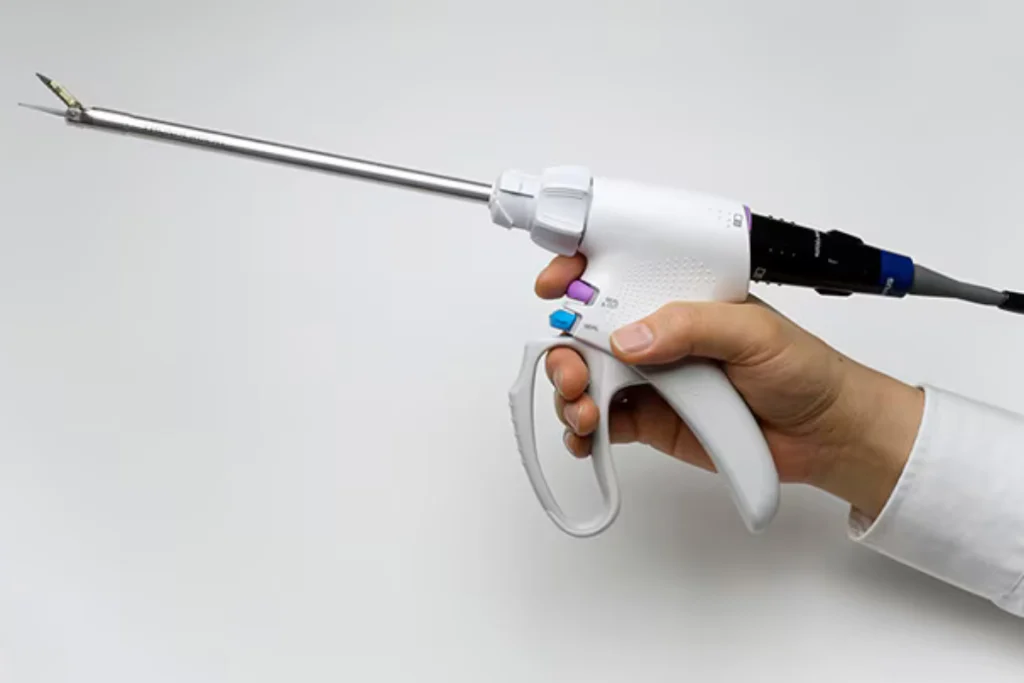
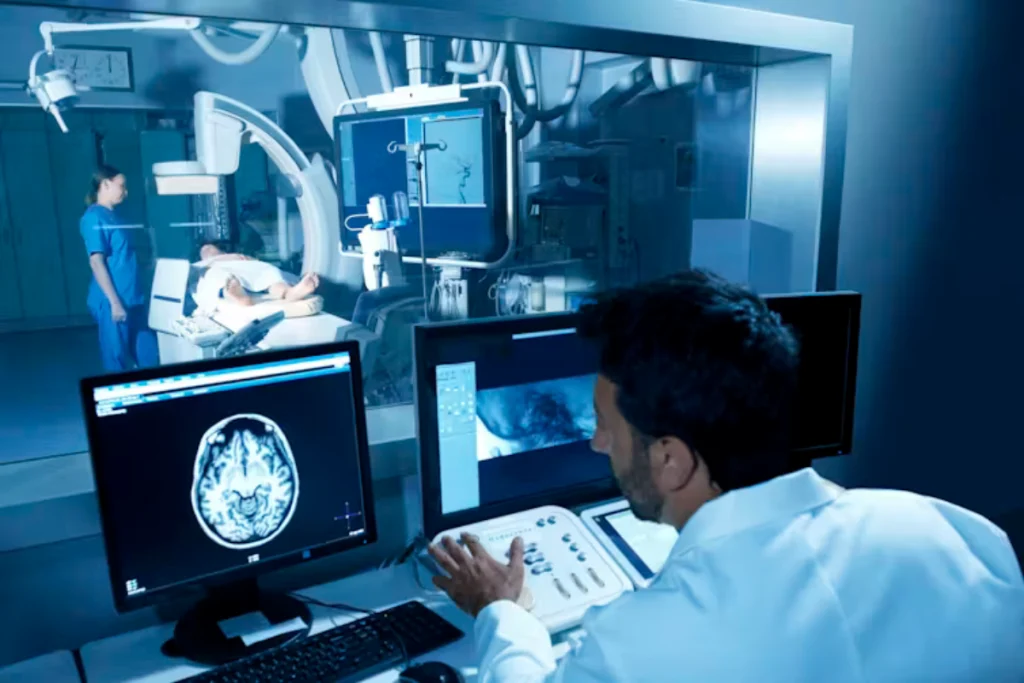
Smart Surgical
Smart surgical instruments incorporate advanced technologies, such as sensors and real-time feedback systems, to enhance precision and safety. These instruments provide surgeons with valuable information during procedures, such as tissue temperature, blood flow, or tissue characteristics. Smart surgery equipment offers real-time guidance, ensuring optimal surgical outcomes and minimizing complications.
In conclusion, surgical instruments are vital tools that allow surgeons to carry out complex procedures with accuracy and care. From basic tools like forceps, scissors, and scalpels to specialized instruments such as laparoscopic and microsurgical equipment, each serves an important purpose in various surgical scenarios. Innovations in surgical technology, including robotic systems, energy-based devices, and smart tools, have transformed the field, giving surgeons enhanced capabilities and leading to better patient outcomes. When it comes to high-quality surgical kits, Surigvalley is a trusted provider, dedicated to delivering instruments that meet the highest standards of precision and performance.


